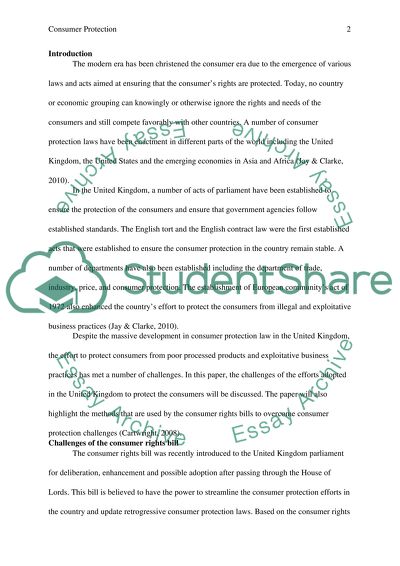Cite this document
(“Consumer protection Essay Example | Topics and Well Written Essays - 2000 words”, n.d.)
Consumer protection Essay Example | Topics and Well Written Essays - 2000 words. Retrieved from https://studentshare.org/law/1666933-consumer-protection
Consumer protection Essay Example | Topics and Well Written Essays - 2000 words. Retrieved from https://studentshare.org/law/1666933-consumer-protection
(Consumer Protection Essay Example | Topics and Well Written Essays - 2000 Words)
Consumer Protection Essay Example | Topics and Well Written Essays - 2000 Words. https://studentshare.org/law/1666933-consumer-protection.
Consumer Protection Essay Example | Topics and Well Written Essays - 2000 Words. https://studentshare.org/law/1666933-consumer-protection.
“Consumer Protection Essay Example | Topics and Well Written Essays - 2000 Words”, n.d. https://studentshare.org/law/1666933-consumer-protection.


